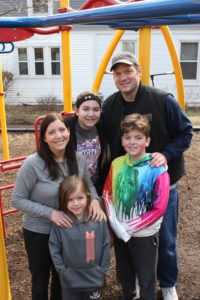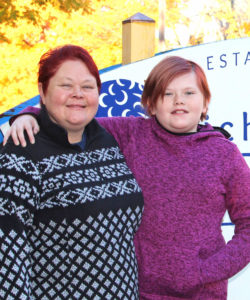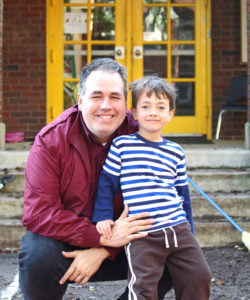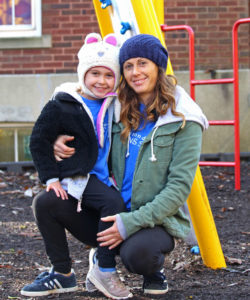We are so thankful for everyone who has supported the work of Richmond Friends School through planned gifts! If you would like to support our educational efforts, please consider naming RFS in your estate plans. We welcome the opportunity to talk with you about ways to do this. Please call Michael Perdomo, Development Coordinator, at 765-966-5767 if you are interested. If you have already named RFS in your plans, please let us know so that we may thank you and confirm your gift designation wishes.
Bequests
- Often the easiest way to leave a legacy.
- Donor simply includes RFS in his/her will as the recipient of property, cash, securities, or other assets.
- Avoids capital gains tax
Best for: Those wanting to leave a legacy with no need for immediate tax benefits or additional income. Also, a good method for those without the ability to give immediately due to limited income or the need to preserve assets.
Sample language: “I hereby give, devise, and bequeath to Richmond Friends School, a nonprofit corporation with principal offices in Richmond, Indiana, the sum of $_______ dollars (or a percentage of the estate) as an unrestricted gift to be used in the area of greatest need at the time the gift is received.”
Charitable Gift Annuities
- A donor gifts a sum of money or assets to RFS who then makes regular fixed payments back to the donor.
- The payout percentage is determined by the donor’s age and the number of beneficiaries of the annuity (max. 2), and is guided by the American Council on Gift Annuities.
- Payments are made for the life of the donor(s). RFS then receives remaining assets.
- Gift annuities can be managed by Steve Borchers at Wayne County Foundation or Mimi Blackwell at Friends Fiduciary.
Best for: Donors over the age of 60 wanting steady income.
Deferred-Payment Gift Annuity
- Works the same as the regular gift annuity, but instead of immediate payments, the donor may choose to delay until a set date or event (ex. Retirement).
- Tax benefits apply immediately to both annuities.
Best for: Donors under the age of 60 wanting steady income in the future.
Charitable Remainder Trusts
- Donor creates a “trust” and places assets in it with instructions as to how the money is to be distributed and used.
- A beneficiary (generally donor, spouse, child or relative) is named and receives a payment from the trust for their life or a period of years (not more than 20).
- Once the set time period has come to an end (at the death of last surviving beneficiary or end of term of years), RFS receives the remainder of the assets.
Charitable Remainder Unitrust:
- The beneficiary receives a varied amount depending upon the performance of assets in the trust.
- The percentage of the trust to be distributed each year, however, is fixed.
Charitable Remainder Annuity Trusts:
- Works the same as the unitrust except that the annual payment is fixed.
- Tax benefits are immediate for the present value of the remainder interest.
Best for: Donors who have appreciated securities/real estate with large capital gains. Attractive planning tool for the distribution of highly appreciated assets, because donor avoids capital gains taxes.
Retained Life Estate
- Donor makes a total contribution of real estate, but retains the right to live in or use the estate for the rest of their life.
- Donor receives immediate tax benefits from the donation.
Best for: those who do not wish to keep land or homes in the family or who may have property of significant value to RFS (ex. adjacent to our property).
Life Insurance
- Donor purchases life insurance and makes regular payments while naming RFS as the beneficiary.
Best for: donors who wish to make a financially large gift without a large financial expenditure.



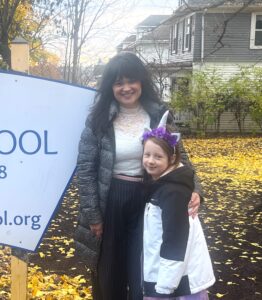
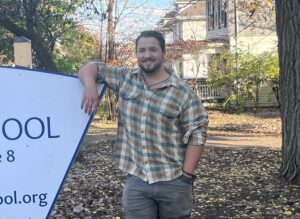 "When we place nature at the center of our community, we come to realize the true abundance of the world we live in. This school puts these seeds of hope in its students; it changes how they move through the world, and it changes the communities they enter for the better.”
"When we place nature at the center of our community, we come to realize the true abundance of the world we live in. This school puts these seeds of hope in its students; it changes how they move through the world, and it changes the communities they enter for the better.”
